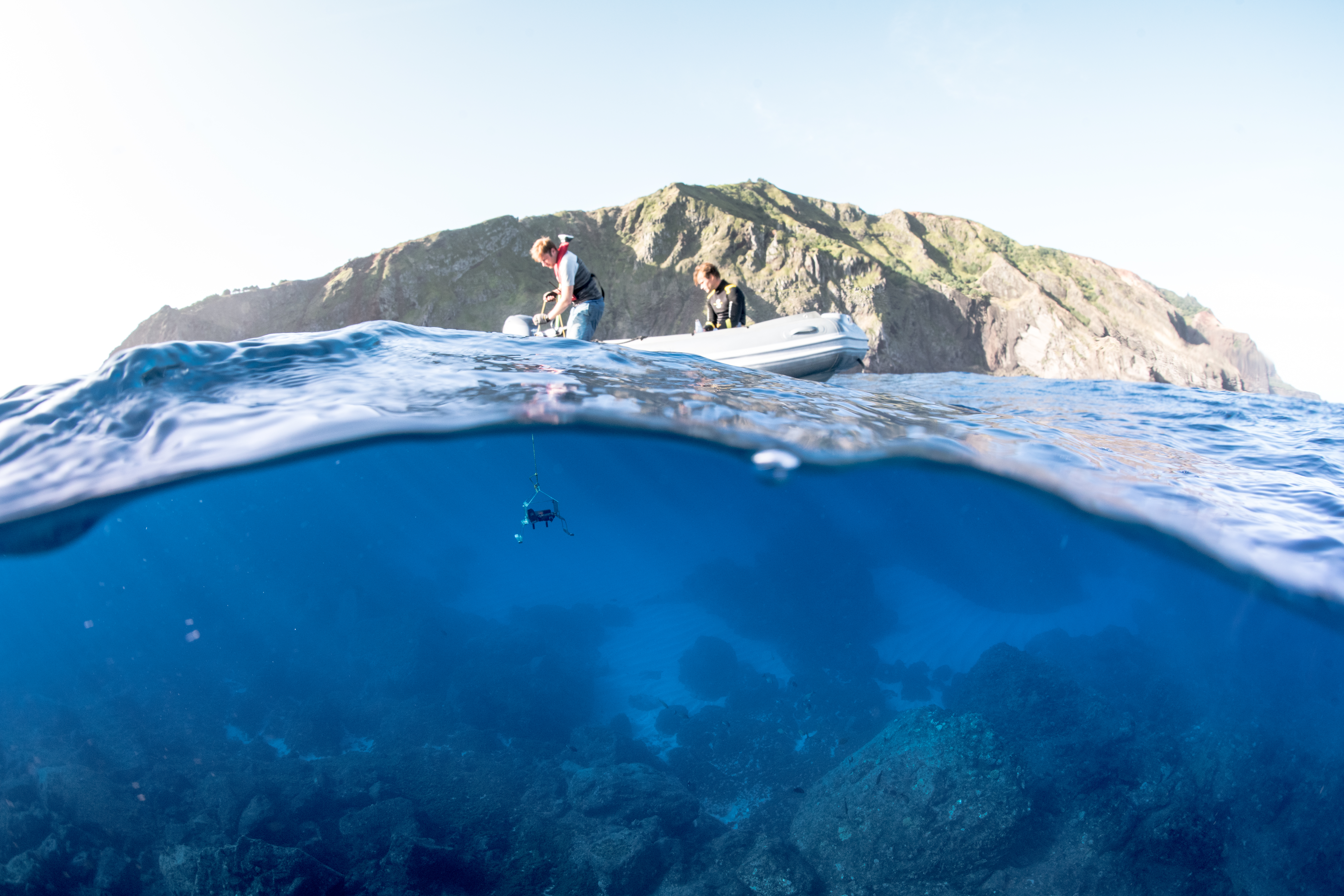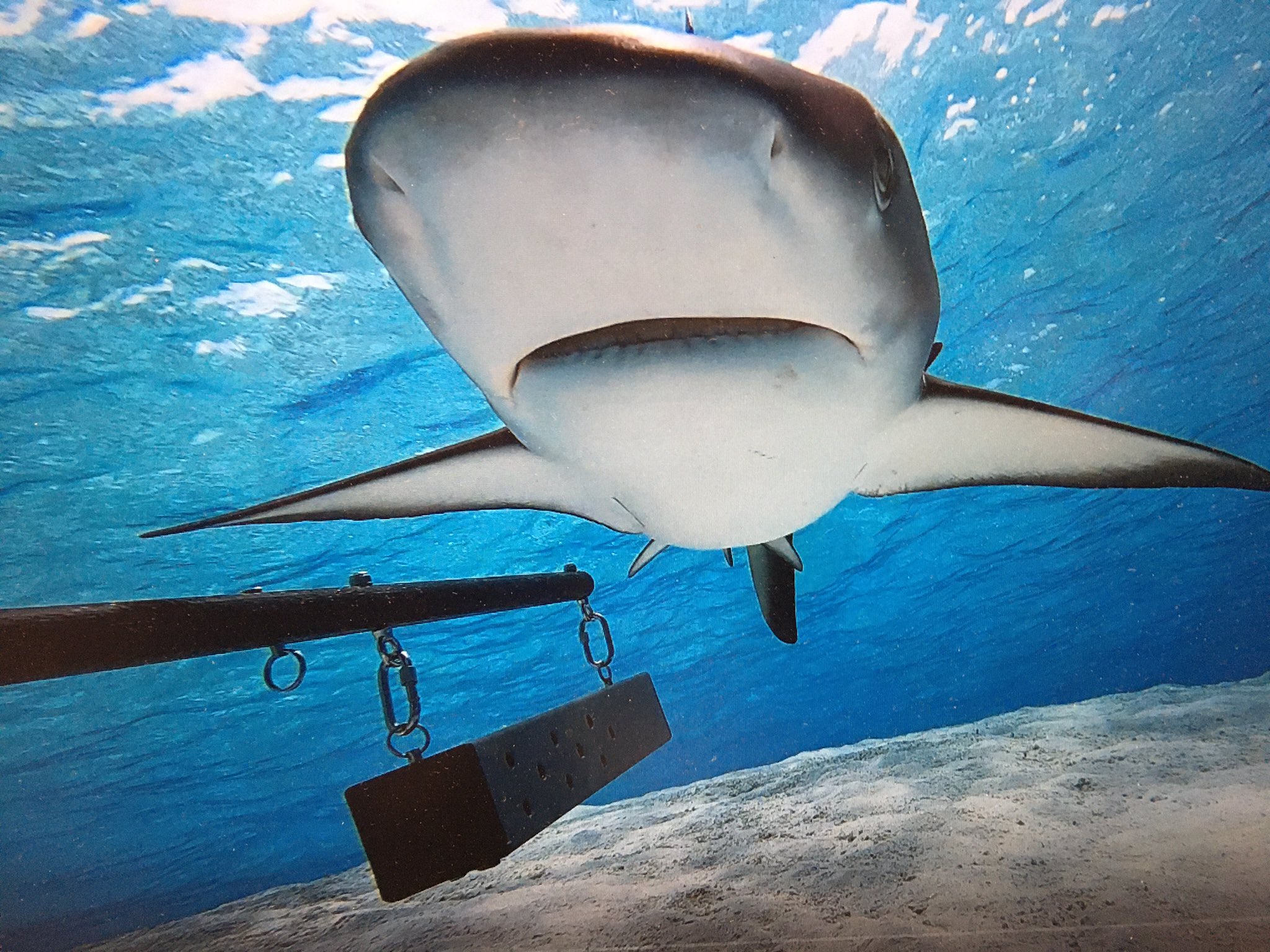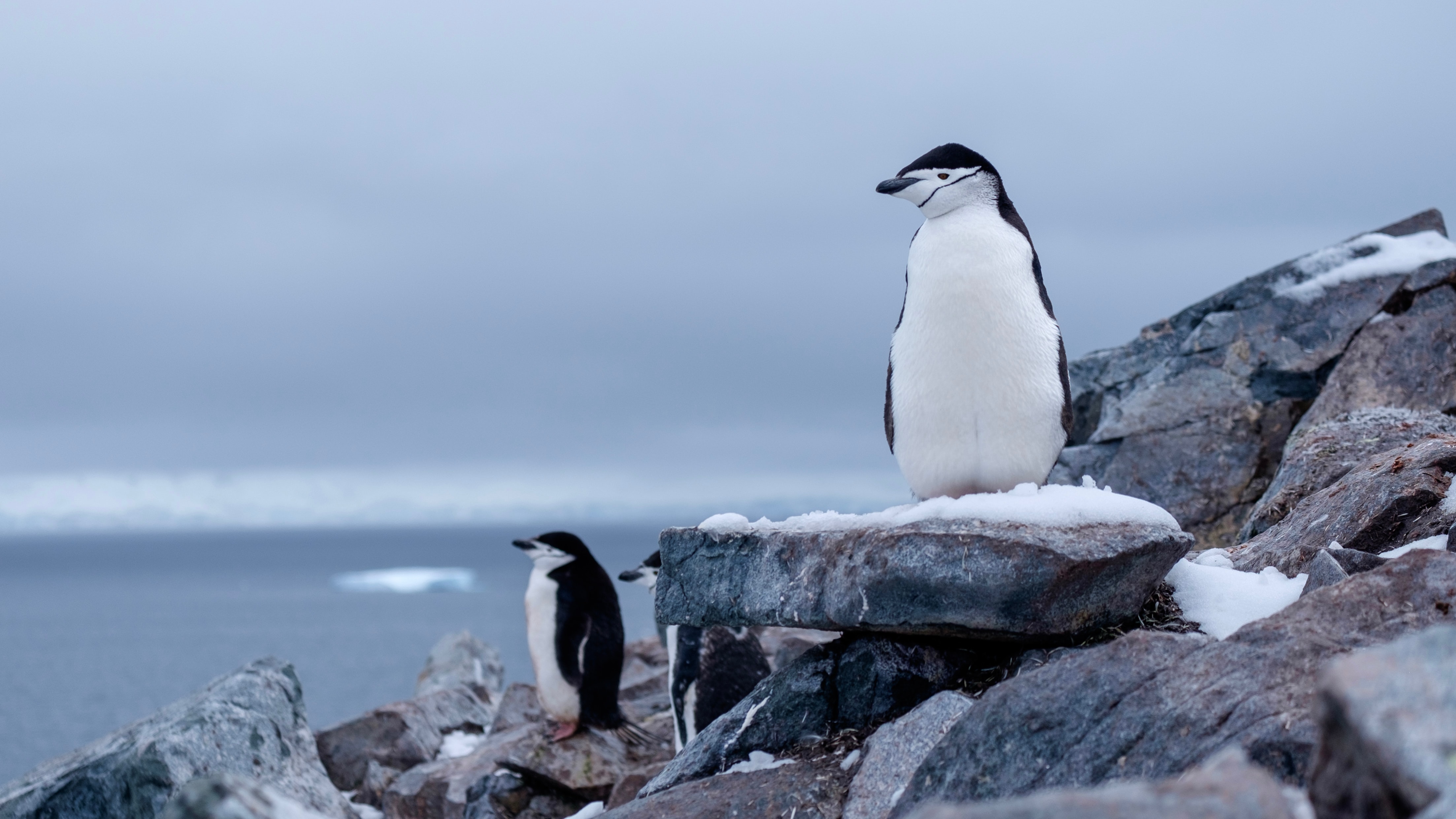The UK Overseas Territories (UKOTs) are home to some of the most incredible wildlife and habitats on the planet. In total, the UKOTs contain around 90% of the UK’s biodiversity and host a huge range of unique and endangered species, some of which are found no-where else on earth. Combined, their Marine Protected Areas (MPAs) cover over 1% of world’s ocean, meaning they have a significant impact in safeguarding precious marine environments and helping to combat global ocean threats such as climate change.
The Blue Belt is the UK Government’s flagship international marine conservation Programme. Since 2016 it has worked closely with a number of UKOTs to assist them in creating and maintaining healthy and productive ecosystems. These UKOTs are: St Helena, Ascension Island, Tristan da Cunha, Pitcairn Islands, British Indian Ocean Territory, South Georgia and the South Sandwich Islands, British Antarctic Territory.
The Blue Belt also continues to expand. Most recently in 2022 Blue Belt welcomed the Turks & Caicos Islands to the Programme.

The Blue Belt Programme’s vision is for the UK Overseas Territories to be protecting and enhancing ocean health to halt biodiversity loss, enable sustainable growth, ensure climate change resilience, and to connect people with the natural environment. From cutting edge science to using new technology, this highly ambitious Programme is leading the way in supporting UKOTs in the effective management of their MPAs and in ensuring they are safeguarded for future generations.
The Blue Belt Programme also supports two sub-programmes:
The Blue Belt Ocean Shield
A programme to support UKOTs in improving awareness of human activities taking place within their marine areas. This enables UKOTs to ensure human activities comply with management measures, and helps to challenge issues such as Illegal, Unreported and Unregulated (IUU) fishing.
The Global Ocean Wildlife Analysis Network (GOWAN)
A global biodiversity and habitat monitoring network, using underwater cameras known as Baited Remote Underwater Video Systems (BRUVS) to improve understanding of marine ecosystems and inform management and protective measures.

The Blue Belt Programme is at the forefront of realising the UK Government’s ambition to tackle the threats facing the world’s oceans, including overfishing, species extinction, climate change and marine pollution. The Programme is driven by the UK’s 25 Year Environment Plan, the UN Sustainable Development Goals (SDG14), as well as the commitment to ensure 30% of the world’s oceans are protected by 2030.
Blue Belt is delivered by two world-leading organisations – the Centre for Environment, Fisheries and Aquaculture Science (Cefas) and the Marine Management Organisation (MMO) on behalf of the UK Government. These organisations provide advice and assistance in applied marine science, management, technology, remote monitoring and enforcement to the Overseas Territories.

To help the UKOTs effectively manage, protect and enhance their marine environments, the Programme delivery partners assist across the following key themes of work:
Strengthening governance and management frameworks
Assist in the creation of effective legal, policy and management measures to enable UKOTs to meet their conservation objectives and environmental commitments.
Understanding and protecting biodiversity
Grow scientific understanding of the biodiversity and habitats unique to each of the UKOTs, informing their management and protection. This includes understanding risks posed by the impacts of climate change on marine environments and using this knowledge to mitigate negative effects.
Managing human impacts
Sustainably manage human activities that impact marine areas – from fishing to eco-tourism – using scientific evidence and through supporting the development of management strategies and plans.
Assisting compliance and enforcement
Undertake surveillance activities using cost-effective tools and innovative technology to allow UKOTs to detect, prevent and minimise the occurrence of illegal fishing within their marine zones.
Capacity building and ocean literacy
Support the UKOTs to gain the skills, resources and financial solutions that are needed to secure long term protection for the marine environment. Also facilitate marine education to connect communities and visitors with the marine environment and the social and economic benefits a healthy marine ecosystem brings.
To find out more about the Programme and keep up to date with latest news, follow this blog, our newsletter or follow us on social media!
Leave a comment